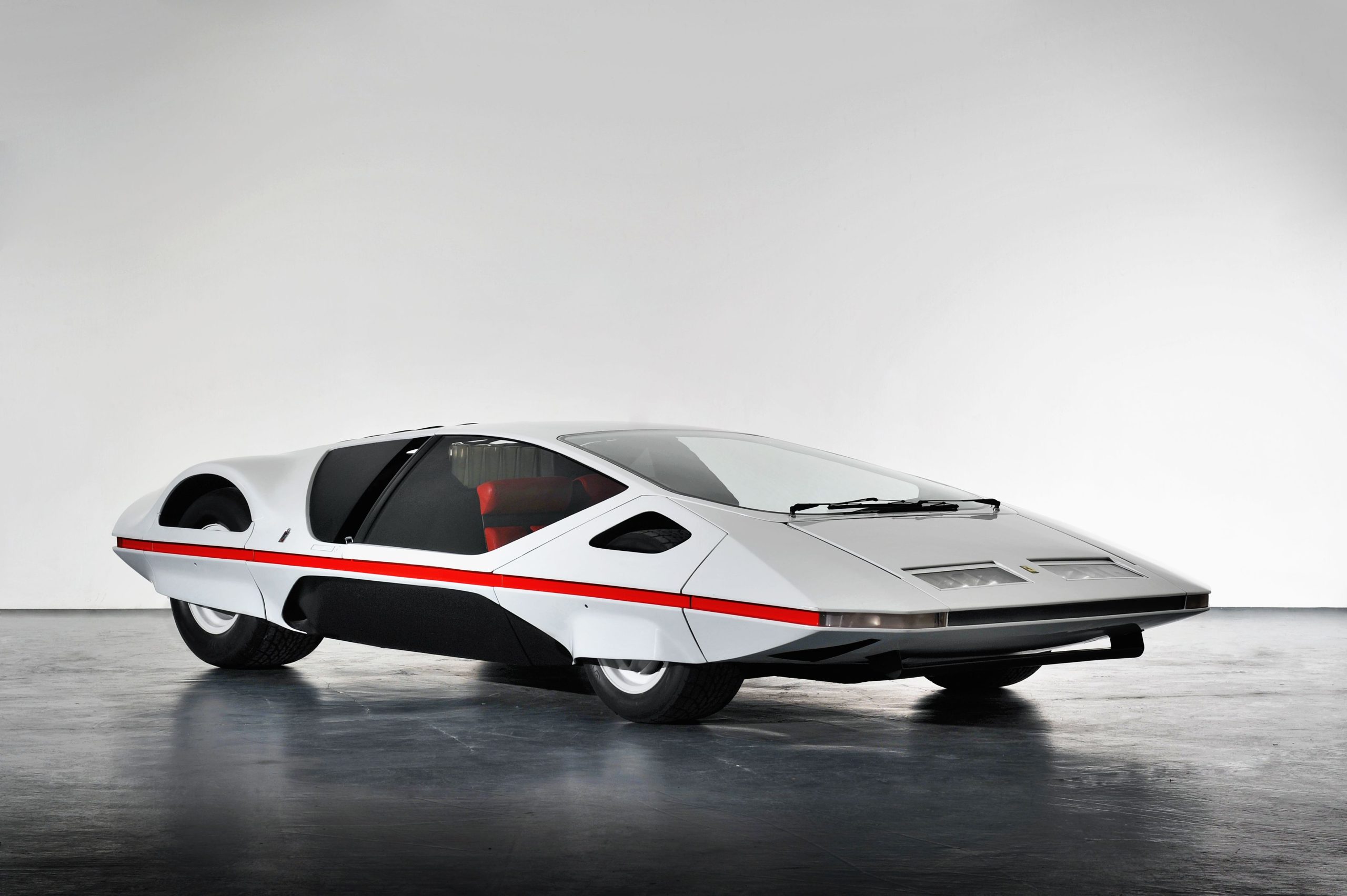As the automotive industry hurtles towards an era of unprecedented innovation, concept cars are offering tantalizing glimpses of what the future might hold. These visionary vehicles, often unveiled at auto shows around the world, serve as laboratories on wheels, showcasing cutting-edge technologies, revolutionary designs, and advanced functionalities. Here’s a look at what the cars of the future might look like and the groundbreaking features they will likely include.
The Evolution of Design: Sleek, Sustainable, and Smart
Future cars are expected to embody a blend of sleek aesthetics, sustainability, and intelligence. The design language is moving towards more aerodynamic and fluid shapes, often inspired by nature, to enhance efficiency and performance. Here are some key trends:
Aerodynamic and Organic Shapes
Designers are drawing inspiration from the natural world, creating vehicles with smooth, flowing lines that reduce drag and improve fuel efficiency. Expect to see more rounded edges, integrated components, and seamless surfaces.
Sustainable Materials
The push for sustainability is driving the use of eco-friendly materials. Future cars will likely feature interiors made from recycled plastics, organic fabrics, and biodegradable composites. Exterior panels might incorporate advanced composites that are both lightweight and strong, improving efficiency and performance.
Advanced Lighting
LED and OLED technologies are evolving, allowing for innovative lighting designs. Future cars will feature adaptive headlights that adjust based on driving conditions and sleek, customizable light strips integrated into the body for both aesthetic appeal and functionality.
Powertrain Revolution: Electric, Hydrogen, and Beyond
The future of propulsion is set to be dominated by alternative powertrains as the industry moves away from fossil fuels. Here’s what to expect:
Electric Vehicles (EVs)
EVs are already gaining significant traction, and the future will see even more advancements in this area. Expect longer ranges, faster charging times, and more efficient battery technologies. Solid-state batteries, which offer greater energy density and safety, are on the horizon.
Hydrogen Fuel Cells
Hydrogen fuel cell vehicles (FCVs) are another promising technology, offering zero emissions and quick refueling times. Advances in hydrogen production and storage are expected to make FCVs a viable alternative, particularly for long-haul and heavy-duty applications.
Hybrid Systems
Hybrid powertrains, combining internal combustion engines with electric motors, will continue to evolve. Plug-in hybrids with greater electric-only ranges will bridge the gap between traditional and fully electric vehicles, offering versatility and reduced emissions.
Autonomous and Connected Features: The Smart Car Revolution
One of the most exciting aspects of future cars is the integration of autonomous and connected technologies. These innovations promise to revolutionize how we interact with our vehicles and the world around us.
Autonomous Driving
Self-driving technology is rapidly advancing, with many concept cars showcasing Level 4 (high automation) and Level 5 (full automation) capabilities. Future cars will be equipped with advanced sensors, cameras, and AI systems that can navigate complex environments without human intervention, enhancing safety and convenience.
Vehicle-to-Everything (V2X) Communication
Connected cars will communicate with each other and with infrastructure in real-time. This Vehicle-to-Everything (V2X) communication will improve traffic flow, reduce accidents, and enable smart city integration. Expect features like real-time traffic updates, automated toll payments, and enhanced navigation.
In-Car AI and Personalization
Artificial intelligence will play a significant role in personalizing the driving experience. Future cars will learn drivers’ preferences, adjust settings automatically, and even predict maintenance needs. Voice assistants and gesture controls will become more intuitive, making interactions with the car seamless.
Interior Innovations: Comfort, Entertainment, and Health
The interiors of future cars will be transformed into multifunctional spaces designed for comfort, entertainment, and even health.
Flexible Seating Arrangements
With the advent of autonomous driving, the interior layout will become more flexible. Seats will swivel to face each other, creating a lounge-like environment. Some concept cars even feature retractable steering wheels and configurable spaces that adapt to different uses.
Advanced Infotainment
Infotainment systems will become more immersive, with large, high-resolution displays, augmented reality (AR) overlays, and virtual reality (VR) entertainment options. Connectivity will be seamless, with 5G enabling high-speed internet access and cloud-based services.
Health and Wellness Features
Health-focused features will become standard, with biometric sensors monitoring vital signs and adjusting the environment for optimal comfort. Air quality systems, UV-C light sanitization, and ergonomic seating will enhance well-being during travel.
Conclusion: The Road Ahead
The future of automobiles is incredibly exciting, with concept cars providing a window into the possibilities that lie ahead. From sustainable materials and advanced powertrains to autonomous driving and personalized experiences, the cars of tomorrow will be smarter, safer, and more connected than ever before. As these innovations continue to evolve, the way we think about and interact with our vehicles will be fundamentally transformed, ushering in a new era of mobility.










